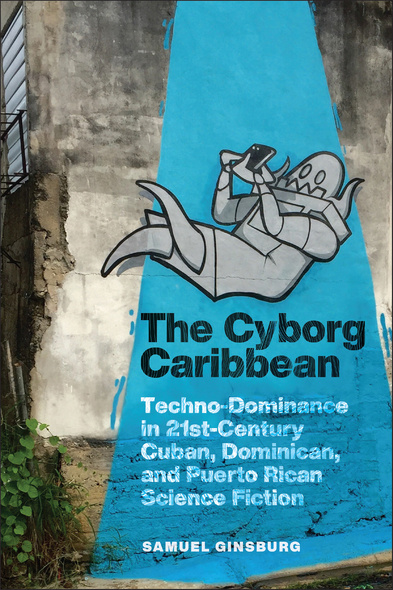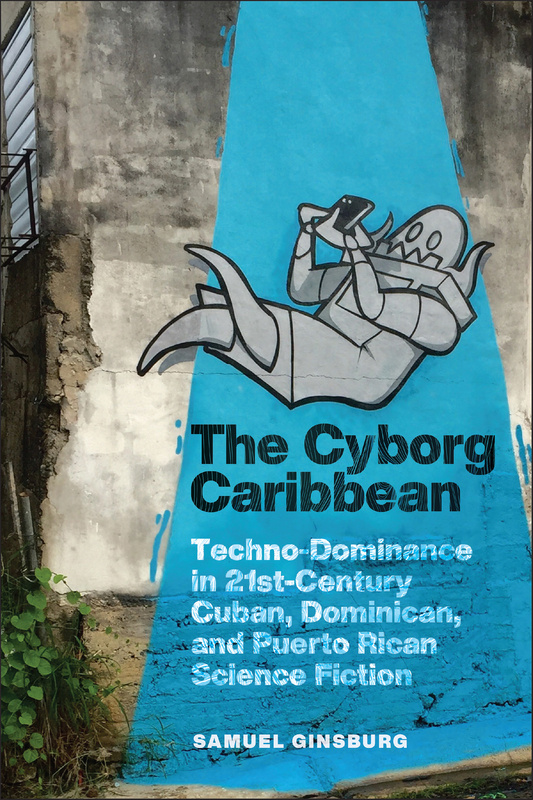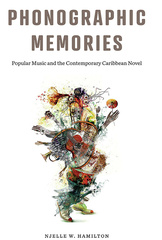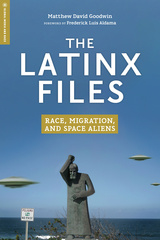
170 pages, 6 x 9
0 Illustrations
Paperback
Release Date:11 Aug 2023
ISBN:9781978836228
Hardcover
Release Date:11 Aug 2023
ISBN:9781978836259
The Cyborg Caribbean
Techno-Dominance in Twenty-First-Century Cuban, Dominican, and Puerto Rican Science Fiction
SERIES:
Critical Caribbean Studies
Rutgers University Press
The Cyborg Caribbean examines a wide range of twenty-first-century Cuban, Dominican, and Puerto Rican science fiction texts, arguing that authors from Pedro Cabiya, Alexandra Pagan-Velez, and Vagabond Beaumont to Yasmin Silvia Portales, Erick Mota, and Yoss, Haris Durrani, and Rita Indiana Hernandez, among others, negotiate rhetorical legacies of historical techno-colonialism and techno-authoritarianism. The authors span the Hispanic Caribbean and their respective diasporas, reflecting how science fiction as a genre has the ability to manipulate political borders. As both a literary and historical study, the book traces four different technologies—electroconvulsive therapy, nuclear weapons, space exploration, and digital avatars—that have transformed understandings of corporality and humanity in the Caribbean. By recognizing the ways that increased technology may amplify the marginalization of bodies based on race, gender, sexuality, and other factors, the science fiction texts studied in this book challenge oppressive narratives that link technological and sociopolitical progress.
Timely and important. . . . [An] emphasis on revealing the political, cultural, and rhetorical consequences of technologies is at the heart of Ginsburg's impressive study throughout. A fascinating contribution to Caribbean studies, The Cyborg Caribbean ably shows why Caribbean authors are turning to science fiction to register the destructive power of capitalist imperialism and to imagine radically different ways of being human.
By looking at the way Cuban, Puerto Rican, and Dominican authors and performers use sci-fi to assert a decolonizing, post-humanist critique of technology, Ginsburg looks at the ways these technologies have amplified the marginalization of certain bodies based on race, gender, sexuality, and/or disability. From plantation economies, energy and nuclear disasters, to torture, and contemporary zombie genres, The Cyborg Caribbean is a brilliant study of the temporalities of sci-fi genres and their politics in the Spanish Caribbean.
Samuel Ginsburg’s fascinating study argues for the political potential of science fiction in the Hispanic Caribbean, showing how contemporary writers and artists use the genre to illuminate technology’s role in repressive power structures in the region. Deftly tracing the presence of technologies ranging from electroconvulsive therapy to nuclear weapons to cybernetic avatars, Ginsburg’s analysis reveals the ways in which science fiction is itself a tool for both highlighting technology’s destructive effects on Caribbean bodies imagining things otherwise.
An exciting contribution to Caribbean studies, this book shows how Cuban, Dominican, and Puerto Rican authors envision alternative lifeforms and personhood. Informed by a deep understanding of cyborg theory and posthumanism and a rigorous historical contextualization, The Cyborg Caribbean offers a fascinating look into all kinds of possible futures.
SAMUEL GINSBURG is an assistant professor of Spanish, comparative ethnic studies, and American studies at Washington State University’s School of Languages, Cultures, and Race.
Introduction: Broadcasting Resistance
1 Electroconvulsive Therapy: Treatment, Torture,
and Electrified Bodies
2 Nuclear Weapons: Missiles, Radiation,
and Archives
3 Space Exploration and Colonial Alienation
4 Disruptive Avatars and the Decoding of
Caribbean Cyberspace
Conclusion: New Caribbean Futures
Acknowledgments
Notes
Works Cited
Index










